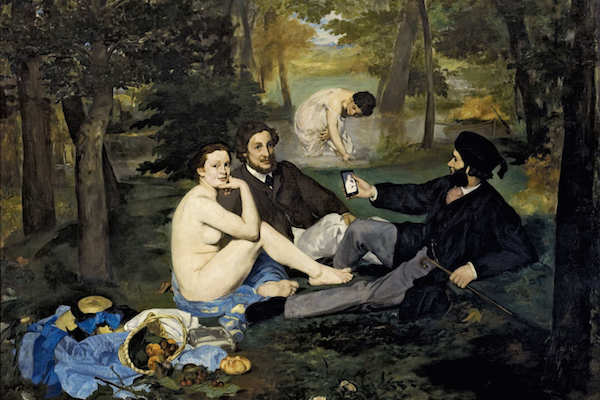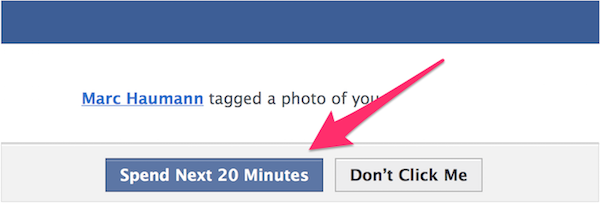Are our digital lives keeping us from really living?

Or is it a clever way to keep useless people pleasantly occupied and out of trouble?
Andrew Sullivan’s longform reflection on his own struggle resisting the constant distraction of the digital age — titled “I Used To Be a Human Being” — is full of interesting arguments. Some are obvious, like the obvious pros and cons of the unending stream of info we’re all immersed in. Some are more personal, like his experience trying to battle that connectivity compulsion through meditation. All of it is recognizably relevant to our daily lives, and worth a read.
One quote I liked in particular:
Has our enslavement to dopamine — to the instant hits of validation that come with a well-crafted tweet or Snapchat streak — made us happier? I suspect it has simply made us less unhappy, or rather less aware of our unhappiness, and that our phones are merely new and powerful antidepressants of a non-pharmaceutical variety.
It may be oversimple, but worth asking:
